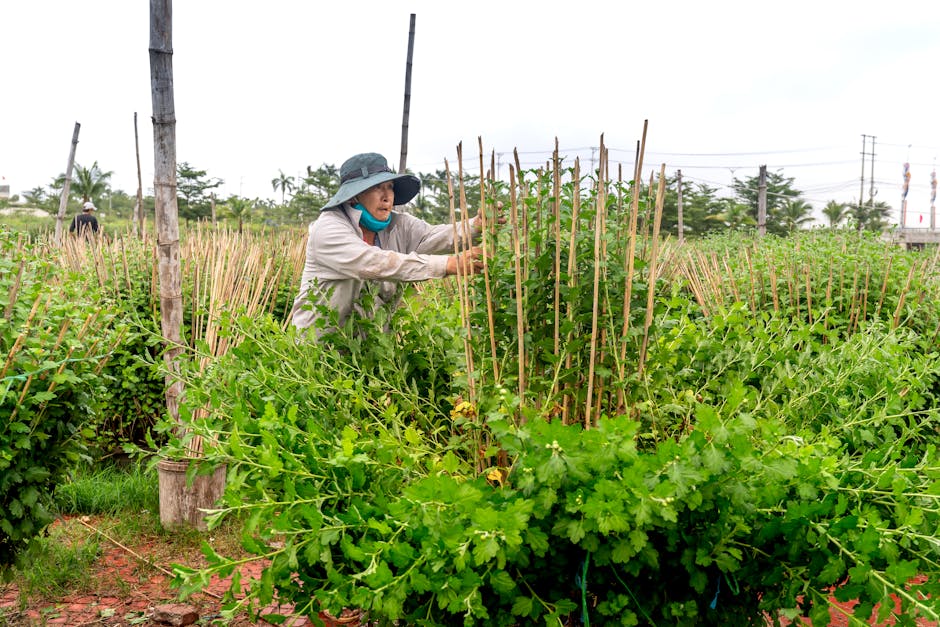Historically, governments have recognized the vital importance of agriculture. From rudimentary land grants to complex subsidy programs, their interventions have mirrored the evolving needs of farming communities and the broader economic landscape. Recognizing this historical context is key to appreciating the nuanced role governments currently play and their future potential.
A pivotal function of government support is ensuring a stable and predictable environment for agricultural production. This often manifests in policies that aim to mitigate risks faced by farmers. Consider, for example, weather-related disasters, fluctuating market prices, or pest infestations. Government programs providing crop insurance, disaster relief, and even weather forecasting systems provide vital protection against these unpredictable variables. Such interventions, when effectively implemented, minimize financial losses for farmers, promoting long-term sustainability and discouraging abandonment of agricultural pursuits.
Furthermore, investment in agricultural infrastructure is another crucial facet of governmental involvement. This encompasses a wide array of projects, including irrigation systems, roads, and storage facilities. Robust infrastructure allows farmers to cultivate larger plots of land, transport produce efficiently, and store harvests for later use or sale, thereby boosting overall agricultural productivity. Efficient logistics directly correlate with enhanced market access and a stronger economic position for the entire agricultural sector. Moreover, improving rural infrastructure, including access to electricity and telecommunications, is essential for modernization and integration with global markets.
Governments often play a significant role in facilitating access to resources that are critical for agricultural output. This includes access to credit, training, and research. Providing affordable and accessible credit is essential for farmers to invest in machinery, fertilizer, and other critical inputs. Targeted training programs can enhance the skills and knowledge of farmers, enabling them to adopt modern agricultural techniques and improve yield. Research funding, often directed at developing new crop varieties, improving farming practices, or tackling issues like soil degradation, are critical to sustainable agricultural growth.
Government agricultural policies often intersect with the broader economy, reflecting the diverse needs of the farming community. Addressing issues like market access, price stability, and trade regulations falls squarely within government purview. Policies like support for export promotion, import tariffs, and domestic market price regulation are designed to create favorable conditions for domestic farmers. However, these interventions can also have global repercussions, shaping the international agricultural trade landscape. For instance, trade agreements can have significant implications for domestic farmers, either offering expanded export markets or increasing competition. An effective government balances these trade-offs, striving to create a system that supports its farmers while also contributing to the global economy.
Navigating the complexities of agricultural economics often requires specialized knowledge and experience. Creating and implementing effective policies requires meticulous evaluation of factors like land use, water availability, climate change impacts, and international trade dynamics. Recognizing and understanding these multifaceted relationships allows for the development of policies that are tailored to the specifics of a particular region and environment. This targeted approach enhances the effectiveness and efficiency of governmental interventions, ensuring they align with local needs and conditions.
Another vital component of government support for farmers involves environmental sustainability. Recognition of the interplay between agricultural practices and ecological systems is increasingly important. Governments can encourage sustainable farming techniques through incentives, subsidies, and regulations. This fosters environmental stewardship, conserving resources, and minimizing the environmental footprint of agriculture. It also ensures long-term agricultural viability by preventing soil degradation, water contamination, and biodiversity loss.
In conclusion, the role of government in supporting agriculture extends far beyond rudimentary financial assistance. It necessitates a holistic approach that encompasses infrastructure development, risk mitigation, resource access, market regulations, and environmental sustainability. By understanding and responding to the unique needs and challenges of farmers, governments can play a vital role in fostering a robust and sustainable agricultural sector. The optimal approach hinges on context-specific policies that combine economic considerations with environmental responsibility to secure a thriving agricultural future. This dynamic approach is essential for providing farmers with the tools and support necessary to succeed and for ensuring food security and economic prosperity for communities worldwide.












